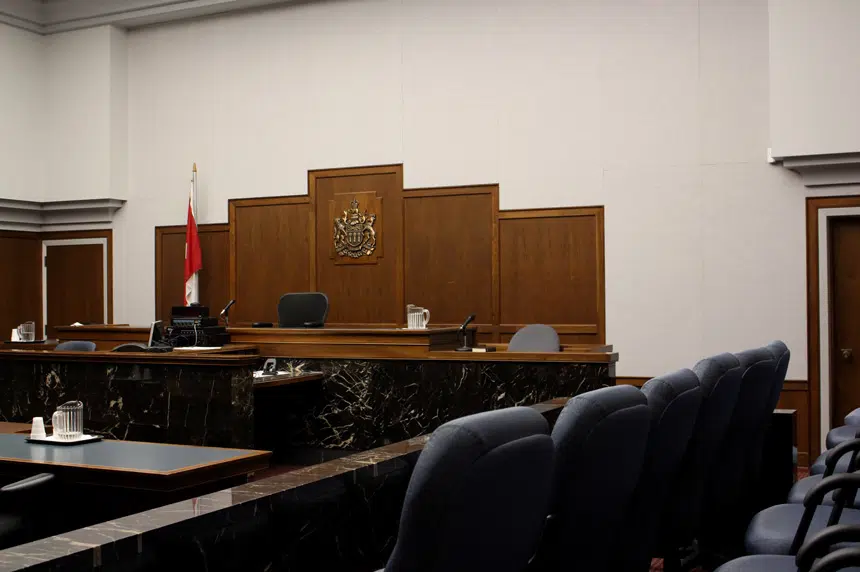The government of Saskatchewan has publicly opposed the idea of a federal carbon tax nearly since it was introduced, and on Wednesday it will finally get to make its argument in a courtroom — along with 17 others.
The case will be heard at Saskatchewan’s Court of Appeal — technically a “constitutional reference case.”
The provincial and federal governments will spin their arguments for and against the federal carbon tax, as well as 16 other groups which have gained intervenor status in the case, meaning they have a stake in the outcome and want to make their opinions known to the court as well.
The intervenors range from other provinces to environmental groups, to farmers’ groups, to SaskEnergy and SaskPower.
The Government of Saskatchewan’s argument is fairly straightforward.
“A tax can be levied either by the federal government or the provincial government uniformly across all Canadians or across all Canadian entities. What the federal government has decided to do is levy it at different rates depending on their level of comfort with the carbon policies that exist within any given province,” explained Justice Minister Don Morgan.
Morgan said the province’s argument is the carbon tax would put a significant strain on Saskatchewan, and it’s unconstitutional.
The federal government’s argument is expected to revolve around the idea climate change is a big enough problem that it can go ahead with its carbon tax plan.
When asked about it, Morgan agreed climate change and carbon emissions are a national concern.
“I just don’t agree that this is the right method to do it. Legally, I think it’s very sound for them to have the concerns, and they should be working with the environment ministers across Canada, and sit down and say ‘okay, what are our plans for reduction, what can we do by way of other regulations and other things to try and mitigate emissions.”
The carbon tax on consumer goods is supposed to come into effect in April, but Morgan said the province won’t be asking for any kind of injunction on that. He said the province will just urge the federal government not to impose the tax in the meantime.
When the ruling comes down, whichever way it goes, Morgan said it will likely end up at the Supreme Court of Canada.
Saskatchewan NDP on the case
Saskatchewan’s opposition party, the NDP, is not an intervenor in the court case, but the party’s leader certainly has an opinion on it. If Ryan Meili had had his way, the case wouldn’t be happening.
“Instead of sitting at the table, trying to work out a deal that would actually work for Saskatchewan — keep life affordable while still reducing emissions — Scott Moe and his caucus chose to walk away immediately from the table and go to the courts,” Meili said.
Meili believes the case could drag on for years, and in the meantime, Saskatchewan will be stuck with the federal government’s carbon tax — which he said he has serious concerns about.
As for the Sask. NDP’s position on a carbon tax, Meili said a price on pollution does make sense, as long as it doesn’t make life harder for people.
He said an economy-wide tax may not be the answer, and that a good plan would look at other options in different areas like regulations and incentives.
“We need to be looking at each sector of the economy based on what’s going to work for people, what’s going to keep life affordable, but also what will reduce the emissions.”
Meili was unwilling to give an opinion on the province’s case, just repeating that it will be interesting to hear the arguments.











